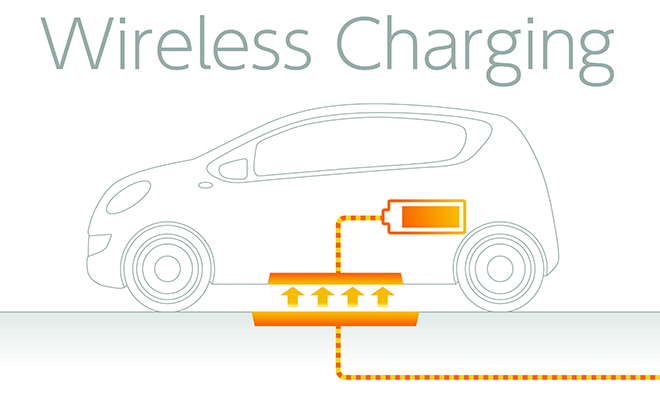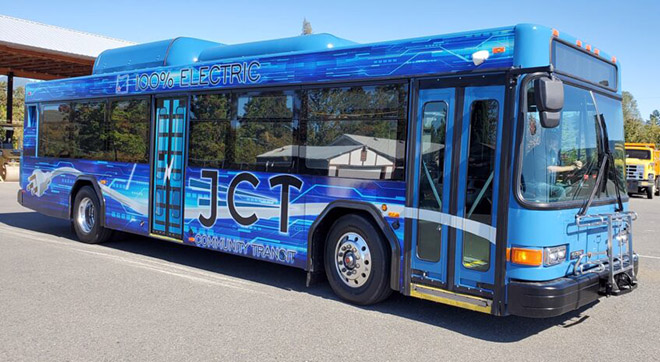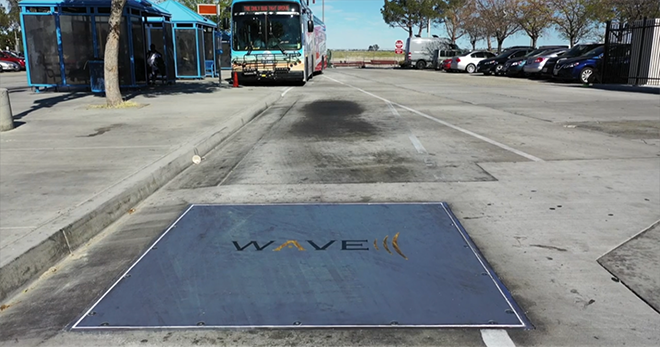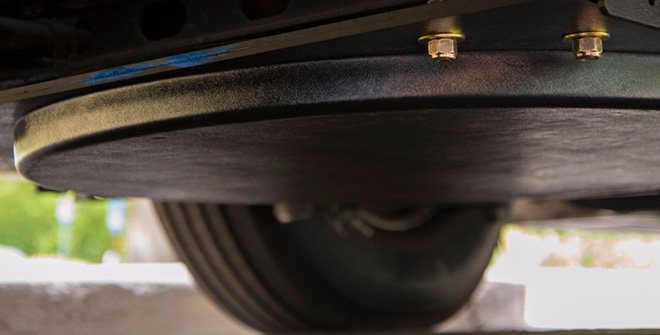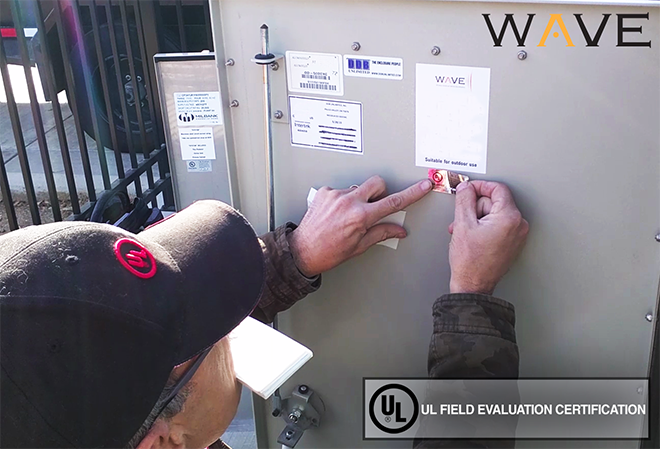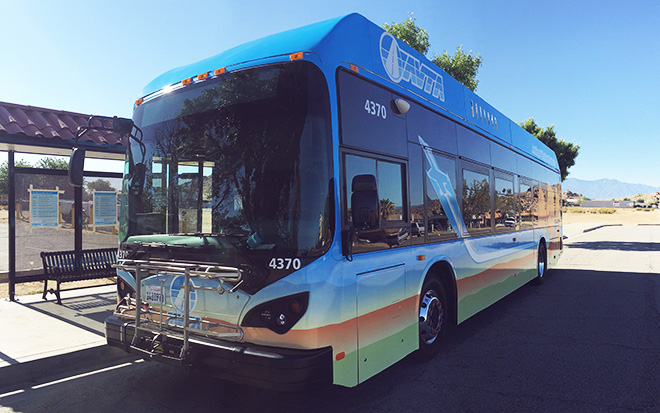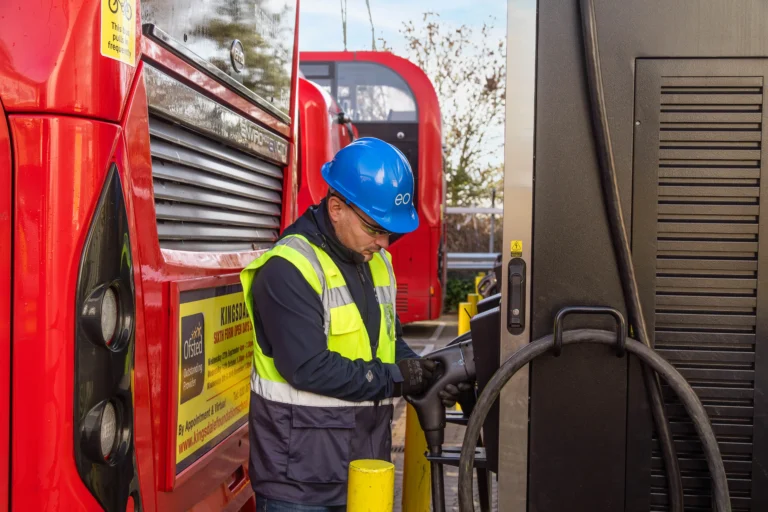Ideanomics, which describes itself as “a global company focused on the convergence of financial services and industries experiencing technological disruption,” has agreed to acquire 100% of privately-held Wireless Advanced Vehicle Electrification (WAVE). Founded in 2011, and headquartered in Salt Lake City, WAVE is a pioneer in the field of inductive (wireless) charging solutions for medium-… Read more »
Search Results Found For: "WAVE charging"
WAVE deploys wireless charging system at Oregon bus depot
Wireless charging pioneer Wireless Advanced Vehicle Electrification (WAVE) has deployed its wireless charging system at a bus maintenance depot operated by Josephine Community Transit, which serves Josephine County, Oregon. The system will wirelessly charge two remanufactured Zero Emission Propulsion System (ZEPS) buses from Complete Coach Works. An additional two vehicles are scheduled to go into… Read more »
St Petersburg, Florida transit authority deploys WAVE inductive charging station for e-buses
The Pinellas Suncoast Transit Authority (PSTA), which serves Florida’s St Petersburg/Clearwater metro area with 40 bus routes and a fleet of 210 vehicles, recently began construction on a new electric bus charging station at a transfer hub. The new wireless charging station, which PSTA claims will be the first on the US East Coast, uses… Read more »
DOE awards WAVE $8.4 million to develop charging platform for EV drayage truck
The DOE has awarded $8.4 million to EV technology company WAVE (Wireless Advanced Vehicle Electrification) to develop and deploy high-power, fact-charging technology for EV drayage trucks at the Port of Los Angeles. WAVE will partner with Cummins, Schneider Electric, Utah State University and Total Transportation Services (TTSI) to develop a 500 kW wireless inductive charger… Read more »
WAVE demonstrates 250 kW wireless en route charging for e-buses
WAVE (Wireless Advanced Vehicle Electrification) has demonstrated a 250 kW Wireless Power Transfer System prototype. The company will deliver the new charging system to the Antelope Valley Transit Authority (AVTA) in California later this year. WAVE’s technology transfers power from a charging pad embedded in the pavement to a receiving pad mounted on the vehicle’s… Read more »
UL certifies WAVE’s 50 kW wireless charging system
Wireless Advanced Vehicle Electrification (WAVE) makes a wireless charging system that provides in-route charging for transit buses, using a pad embedded directly into the roadway (see the March/April 2016 issue of Charged). Now the company has earned a Field Evaluation Certification from Underwriters Laboratories (UL) for a 50 kW system that it has deployed for… Read more »
Antelope Valley Transit Authority buys WAVE wireless charging system
The Antelope Valley Transit Authority (AVTA), which serves 450,000 residents in the metro Los Angeles region, aims to become the first 100% electric public transit fleet in the country. It plans to take delivery of 85 BYD electric buses over the next five years. The AVTA board has unanimously approved the purchase of a wireless… Read more »
WAVE wireless charging helps transit agencies save money by going electric
Wireless charging technology is almost ready for the big stage. Qualcomm has demonstrated its Halo system in various vehicles, including the Drayson B12/69 electric race car. Evatran’s Plugless aftermarket system is now commercially available for the Volt and the LEAF, and a Model S-compatible version is coming soon. Several major automakers have indicated that they’re… Read more »
Sense’s EV Analytics provides EV detection and charging insights for utilities
Utilities need to estimate the numbers of EVs in their territories, and project future growth. Massachusetts-based Sense offers a tool to help them do so using smart meters. Sense’s EV Analytics is a new load management solution delivered through AMI 2.0 meters that offers EV detection and charging insights that can enable smarter forecasting, better… Read more »
Software and maintenance—the keys to making fleet EV charging work?
Q&A with EO Charging’s John Walsh How is providing charging infrastructure for EV fleets like running a web site or a cell phone network? All of these worthy endeavors (among others) depend on a stack, which is a hip way of describing a system of interrelated hardware and software products that function together. Some layers… Read more »







